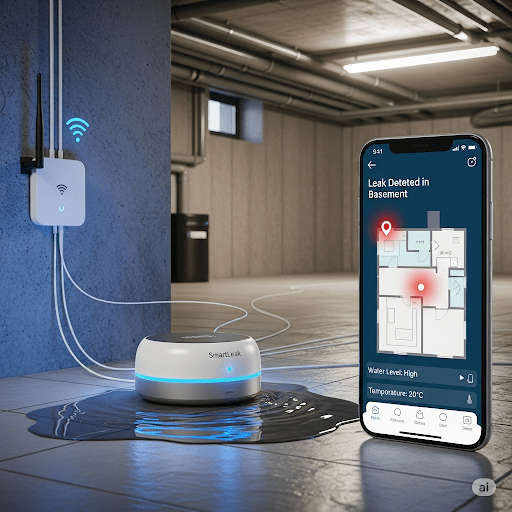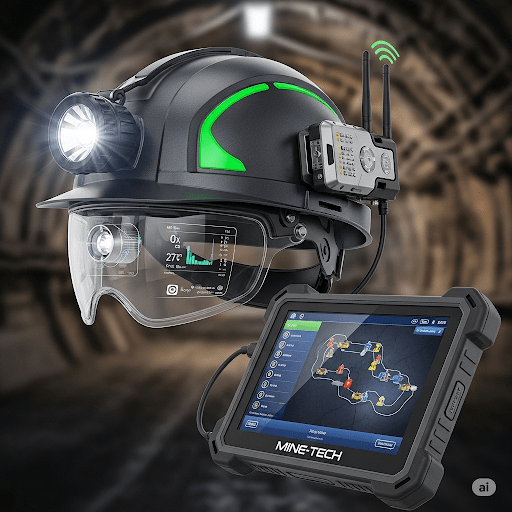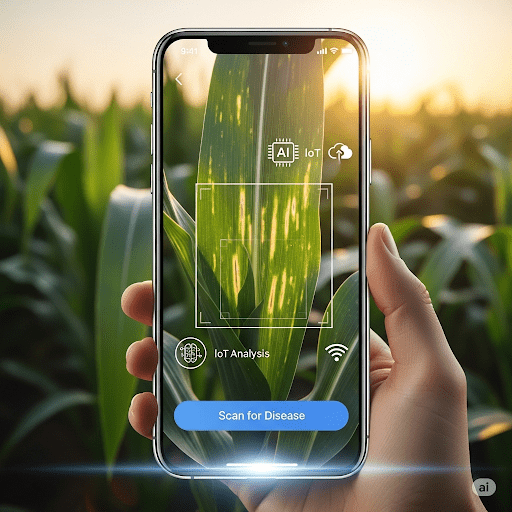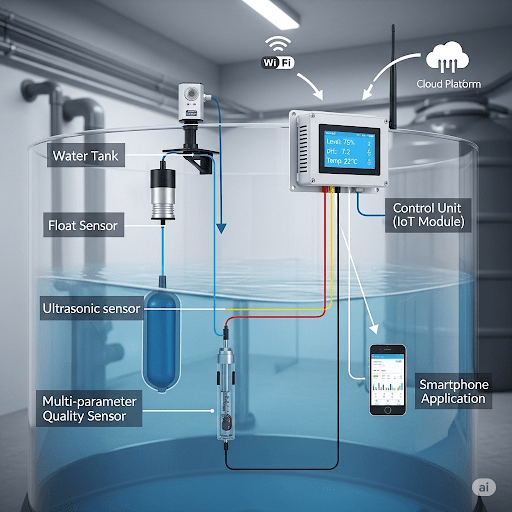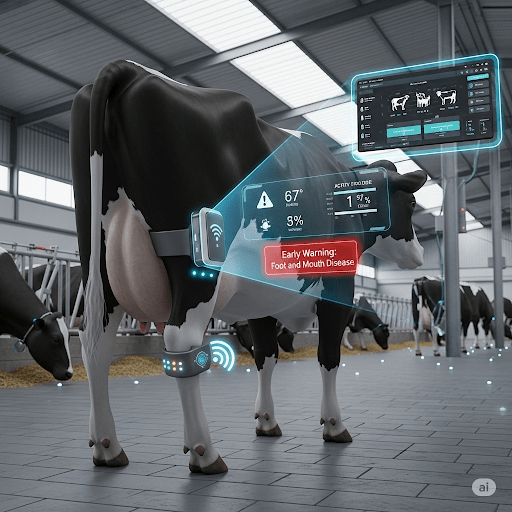Arduino-Powered Proximity Sensing Radar
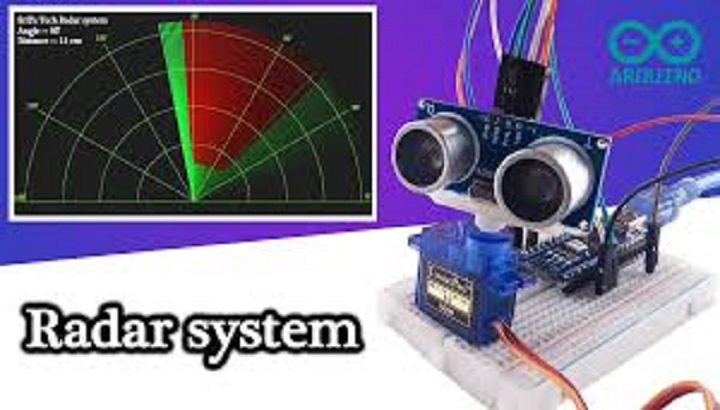
Components and Functions: Arduino Microcontroller: Serves as the central control unit for processing data from the ultrasonic sensor and controlling the output devices. Ultrasonic Sensor: Measures the distance to objects by emitting ultrasonic waves and detecting the reflected signals. Servo Motor: Rotates the ultrasonic sensor to scan the surrounding area, creating a radar-like sweeping effect. LCD Display: Provides a visual interface to display distance readings and object positions. LED: Lights up to indicate the presence of an object within a critical range. Buzzer: Emits a sound to alert when an object is detected within a predefined proximity. Jumpers: Used to connect the components to the Arduino board for communication and power supply.
Operation: The ultrasonic sensor, mounted on the servo motor, rotates to cover a 180-degree area. As it sweeps, it continuously measures distances to nearby objects. The Arduino processes these measurements to determine if an object is within a critical range. If an object is detected, the Arduino triggers the LED and buzzer to provide immediate feedback. The distance and position of the object are displayed on the LCD screen for real-time monitoring.
Applications: This radar system can be used for various applications, including proximity alert systems, obstacle detection in robotics, and basic surveillance systems. It provides a foundation for understanding radar technology and can be expanded with additional features for more complex tasks.
In summary, this project integrates multiple components to create a functional radar system, demonstrating the principles of distance measurement, data processing, and output control using Arduino.
Related project idea for free
IoT base smart water leakage detection system
In life, water is a valuable resource. Water is essential for life and is utilized for a variety of activities in daily life. This device was developed to detect a pipe leak and maintain it directly in a short period of time. In order to prevent problems, it is crucial to have real-time managemen...
Read more>>Smart miner helmet and monitoring system - IOT Project
The usage of technology in Rwanda's mining industry has made it difficult to avoid deaths in mines; it is for this reason that miner safety from threats outside and inside mining tunnels is critical. The process of mining minerals underground is fraught with dangers such as high concentrations of...
Read more>>AI-Enabled IoT mobile application for early maize plant disease detection
For Rwanda's small-scale farmers, the maize crop has grown significantly in importance as a crop for food security and income. Unfortunately, a number of illnesses continue to cause maize producers to have much lower yields. Diseases have a negative impact on the quality of maize harvests and imp...
Read more>>Water tank quality and level monitoring system
All humans need water to survive; some of the uses of water include drinking, cooking, cleaning, and hygienic needs. Sometimes water shortages due to climate change or prolonged sunny weather, water pipeline breakdowns, poorly functioning water treatment facilities, and increased water demand in...
Read more>>IoT-based cow health monitoring system for early detection of foot and mouth disease
Nowadays, Rwanda is becoming the country where the technology is integrated in agriculture and livestock domains to easily enhance the life conditions of every Rwandan for wellbeing. With the technology development, cow’s health and early diagnosis of disease have gained the importance in a...
Read more>>
